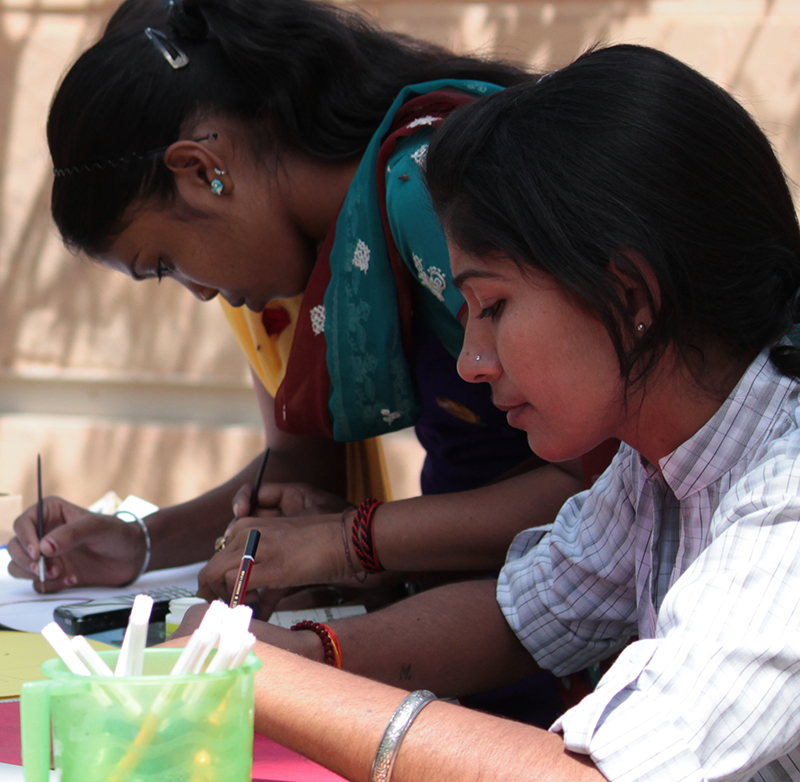The world has moved from an agrarian to an industry driven and very recently to a technology driven economy and the education system needs to evolve accordingly. While we focus way too much on knowledge, some attention needs to be paid to skill and character building of the learners. More than half the students entering primary school will end up in jobs that do not even exist today. More than 40% employers complain that they cannot find employees with the right skills and thus, 73 Mn youth today faces unemployment. As the schools in India continue to exploit the old ways of teaching, in 2007 India slipped to 72nd rank, out of the 74 countries that participated in PISA (an assessment for students conducted by OECD). India has not participated in this assessment since 2007.

Thus, alongside focusing on the knowledge about traditional subjects, we must also focus on skill and character building of students. They must be equipped with skills of creativity, problem solving, critical thinking, collaborating and must understand how the world functions and how can they act at local, national and global platforms. Brainwiz, rolls its one of a kind student engagement program that aims to fill these gaps. We use traditional subjects to focus on 21st century skill education along with a special focus on the Sustainable Development Goals, as listed down by the United Nations. Our pillars of Focused Intervention, Continuity and Affordability ensure that learners across the country receive the right education at the right time without it being restricted to any section of the society. The Indian Army (NCC) and some schools in Delhi have already recognized the power of this program and have associated with us.